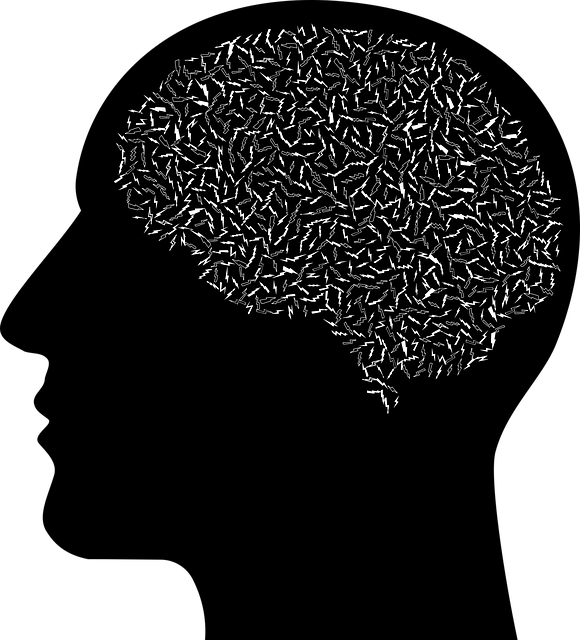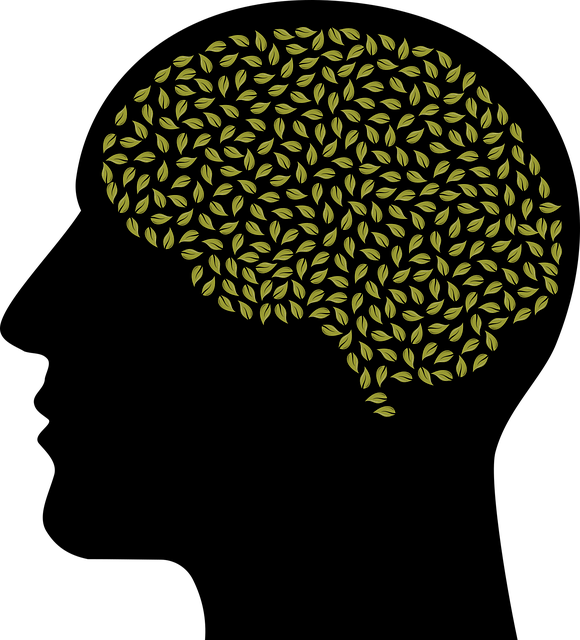Englewood Oppositional Defiance Disorder (ODD) therapy is a specialized treatment focusing on communication skills, self-awareness, and positive behavior changes for individuals with persistent opposition and defiance. In today's digital era, the demand for trauma support services is high due to increasing childhood adversity and adult crises. These services cater to ODD, emotional intelligence deficits, and crisis intervention needs, promoting resilience and well-being through evidence-based strategies like Cognitive Behavioral Therapy (CBT), Dialectical Behavior Therapy (DBT), and Eye Movement Desensitization and Reprocessing (EMDR). Accessing local community resources offers culturally sensitive options, enhancing engagement and tailored care for diverse communities.
Trauma support services are crucial in addressing the unique challenges presented by Englewood Oppositional Defiance Disorder (ODD). This article explores the growing need for specialized trauma-informed care, delving into effective therapy approaches tailored for ODD and associated traumas. We highlight successful strategies for implementing and accessing local resources, emphasizing the importance of community involvement in enhancing access to quality mental health services. By understanding ODD through a trauma lens, we can revolutionize support systems, fostering better outcomes for affected individuals.
- Understanding Englewood Oppositional Defiance Disorder (ODD)
- The Need for Specialized Trauma Support Services
- Effective Therapy Approaches for ODD and Associated Traumas
- Implementing and Accessing Local Resources for Better Care
Understanding Englewood Oppositional Defiance Disorder (ODD)

Englewood Oppositional Defiance Disorder (ODD) is a behavioral condition characterized by persistent opposition and defiance towards authority figures. This often manifests as frequent arguments, active resistance to requests or rules, and anger or resentment. Recognizing ODD early is crucial for effective Englewood ODD therapy. Without intervention, it can lead to more serious mental health issues such as depression, anxiety, and even substance abuse later in life.
Englewood ODD therapy focuses on enhancing communication skills, teaching self-awareness exercises, and boosting confidence. Mental health professionals conduct a thorough risk assessment to tailor interventions that address the core symptoms while fostering positive behaviors. By incorporating evidence-based strategies, such as behavioral modification techniques and cognitive-behavioral therapy, professionals help individuals with ODD develop healthier ways of expressing themselves and interacting with others.
The Need for Specialized Trauma Support Services

In today’s world, the demand for specialized trauma support services is more critical than ever. Traumatic experiences, from childhood adversity to adult crises, significantly impact an individual’s mental health and daily functioning. Englewood Oppositional Defiance Disorder (ODD) therapy, a specific approach tailored to address these challenges, offers a glimmer of hope for those struggling with the aftermath of trauma. This specialized form of therapy is designed to help individuals process their experiences, develop coping strategies, and regain a sense of control over their lives.
The need for such services extends beyond treating disorders like ODD; it encompasses a broader spectrum of individuals facing emotional intelligence deficits, requiring crisis intervention guidance, and seeking support to establish healthy self-care routines. By providing targeted interventions, trauma support services play a pivotal role in fostering resilience, enhancing overall well-being, and enabling folks to navigate life’s challenges with greater ease and strength.
Effective Therapy Approaches for ODD and Associated Traumas

Oddly, Oppositional Defiance Disorder (ODD) often co-occurs with traumatic experiences, requiring specialized therapy approaches for effective treatment. Englewood Oppositional Defiance Disorder Therapy incorporates evidence-based strategies tailored to address both ODD symptoms and underlying traumas. Techniques such as cognitive behavioral therapy (CBT), dialectical behavior therapy (DBT), and eye movement desensitization and reprocessing (EMDR) have proven beneficial in managing ODD and associated traumas.
These therapeutic modalities facilitate individuals in processing traumatic memories, developing coping mechanisms, and building resilience. By targeting both the disorder and its root causes, Trauma Support Services through Englewood Oppositional Defiance Disorder Therapy aim to foster healing, reduce burnout prevention, and promote mental illness stigma reduction efforts.
Implementing and Accessing Local Resources for Better Care

Implementing and accessing local resources is a pivotal step in enhancing trauma support services. By tapping into the community’s unique offerings, such as specialized therapy programs for Englewood Oppositional Defiance Disorder (ODD), individuals receive tailored care that addresses specific needs. Local resources often provide more accessible and culturally sensitive options, fostering higher engagement and better outcomes. For instance, community-based organizations may offer Self-Awareness Exercises and Emotional Intelligence workshops, empowering individuals to manage their trauma responses effectively.
Moreover, these local support systems can organize Stress Management Workshops, equipping clients with practical tools to cope with daily stressors related to their traumatic experiences. Accessible resources ensure that care isn’t limited to traditional settings, allowing for more flexibility and comprehensive support. This integrated approach, combining specialized therapy with community-led initiatives, can significantly improve the quality of trauma care, especially in diverse communities.
Englewood Oppositional Defiance Disorder (ODD) is a complex condition that often stems from underlying trauma. Effective management requires specialized trauma support services, as traditional approaches may not adequately address the root causes. By implementing evidence-based therapy strategies and utilizing local resources, individuals with ODD can receive comprehensive care tailored to their unique needs. This includes access to specialized therapists who are trained in treating both ODD and associated traumas, ensuring a holistic approach that promotes healing and positive outcomes.













